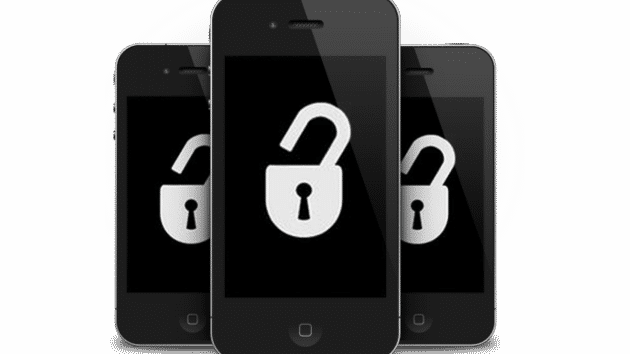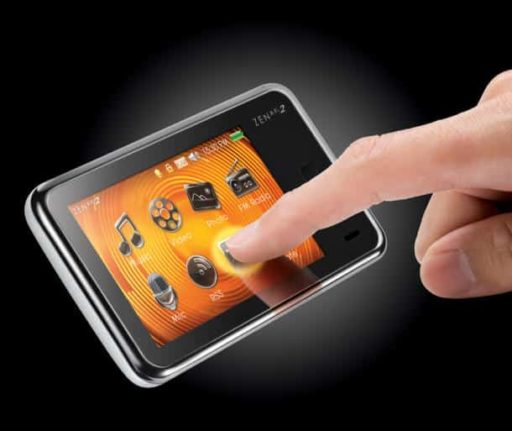FCC, the regulatory authority overlooking the US wireless carriers, has been trying to persuade the wireless companies to sign an agreement about the process of SIM unlocking. Most major U.S. carriers have finally signed the agreement.
FCC had been adamant that wireless carriers offer free unlocking to the customer as soon as his contract ends. While most carriers didn’t have a problem with offering free unlocking, many didn’t agree to the point of sending out messages to the customers, telling them they now qualified for cellphone unlock.
In the end, all major US carriers including Verizon, Sprint, AT&T, U.S. Cellular and T-Mobile, have submitted to the six points of the agreement. The agreement was signed by CTIA, a coalition of wireless companies in the U.S.
Of the six terms which are part of the deal, at least three must be implemented by each of the five major U.S. carriers within the next three months. In all, the complete set of terms are to be implemented within the next 12 months.
The exact terms of the agreeement between CTIA and FCC are as follows:
- Disclosure. Each carrier will post on its website its clear, concise, and readily accessible policy on postpaid and prepaid mobile wireless device unlocking.
- Postpaid Unlocking Policy. Carriers, upon request, will unlock mobile wireless devices or provide the necessary information to unlock their devices for their customers and former customers in good standing and individual owners of eligible devices after the fulfillment of the applicable postpaid service contract, device financing plan or payment of an applicable early termination fee.
- Prepaid Unlocking Policy. Carriers, upon request, will unlock prepaid mobile wireless devices no later than one year after initial activation, consistent with reasonable time, payment or usage requirements.
- Notice. Carriers that lock devices will clearly notify customers that their devices are eligible for unlocking at the time when their devices are eligible for unlocking or automatically unlock devices remotely when devices are eligible for unlocking, without additional fee. Carriers reserve the right to charge non-customers/non-former-customers a reasonable fee for unlocking requests. Notice to prepaid customers may occur at point of sale, at the time of eligibility, or through a clear and concise statement of the policy on the carrier’s website
- Response Time. Within two business days after receiving a request, carriers will unlock eligible mobile wireless devices or initiate a request to the OEM to unlock the eligible device, or provide an explanation of why the device does not qualify for unlocking, or why the carrier reasonably needs additional time to process the request.
- Deployed Personnel Unlocking Policy. Carriers will unlock mobile wireless devices for deployed military personnel who are customers in good standing upon provision of deployment papers.
Although these terms certainly sound good, they are already implemented one way or the other by the wireless carriers. Moreover, unlocking a given phone does not guarantee that you can use it with other carriers. For instance, some AT&T phones wouldn’t work with other SIMs even if they are unlocked, which means that unlocking them serves absolutely no purpose. So a lot more needs to be done by FCC to persuade the wireless carriers into implementing fairer policies.
Courtesy: Android Central
[ttjad keyword=”social-media-samrtphones”]




